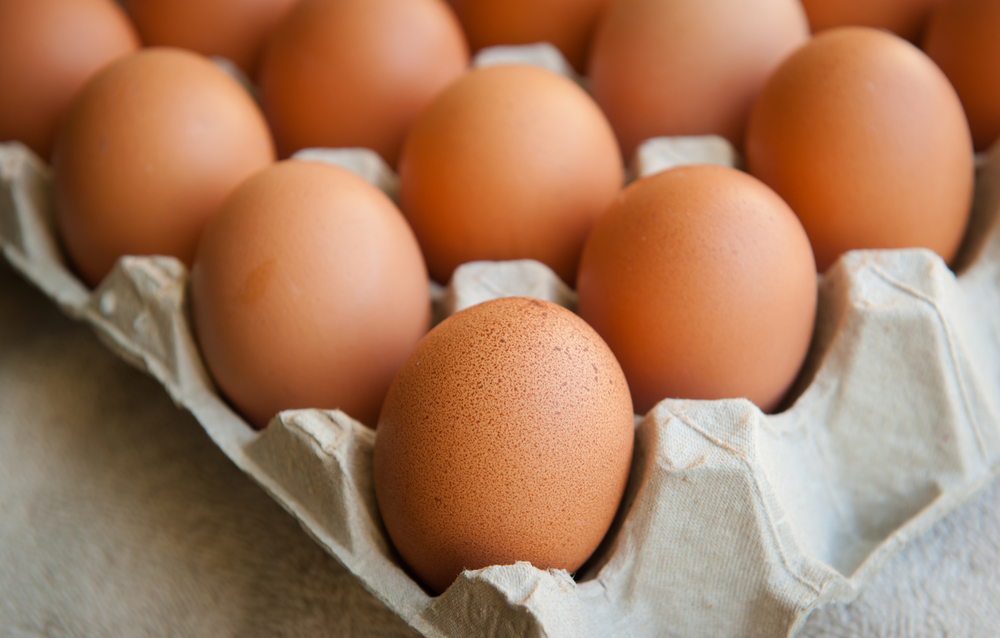It’s an attempt to furnish the country with eggs, which are selling like crazy.

Certain staples have been wildly in demand during the COVID-19 pandemic.
Among those are flour, yeast, and perhaps most importantly, eggs. With egg sales through the roof, the FDA recently took steps to ensure that the egg supply remains high. But to do that, some things have been sacrificed.
Last week, the FDA announced a temporary policy for eggs (specifically shell eggs, rather than pre-cooked or -cracked eggs) sold in retail establishments. In short, retailers will now be able to sidestep pre-existing laws for egg labeling. Under normal circumstances, eggs must be labeled with several pieces of information: where they came from, proper handling suggestions, nutrition data, that kind of thing.
Those no longer need to be actually on the egg packages; instead, the retailer can simply have a card with that information “displayed clearly,” like with a tag, sign, or counter card. Essentially, this means that retailers getting bulk eggs can simply toss them (or, you know, place them, because eggs are fragile) into a flat or unlabeled carton, and sell them.
This is, to be clear, valuable, in some ways. The FDA says that while there are plenty of eggs, the supply of properly labeled packaging is lagging, which has kept eggs out of grocery stores even while they’re ready to go. That same shortage of egg cartons isn’t just in the US; they’re hurting for cartons in the UK, too.
But eggs are also one of the foods with the greatest variance in animal welfare, to the point where you actually need a guide to decipher what all of the terms—cage free, organic, pasture raised, vegetarian fed—mean. For many consumers, buying ethical eggs is a major part of their efforts to support a sustainable food system. Even the most expensive eggs rarely cost more than $0.50 per egg, and the cheapest eggs come from truly horrific environments. It is, especially compared with something like ethical beef or seafood, an extremely cost-effective way to voice support for superior agricultural systems.
The labeling relaxation makes sense, and obviously the most important thing is to ensure that people have enough food. But for people who want to ensure that the food they get comes from sources they trust, this relaxation adds a layer of unwanted opacity.
i disagree, a lot, with this move. At the very least the retailers must include a ‘note’ inside the carton with this important info. Everyone of the eggs themselves must be stamped with the date code and maybe the farm id……